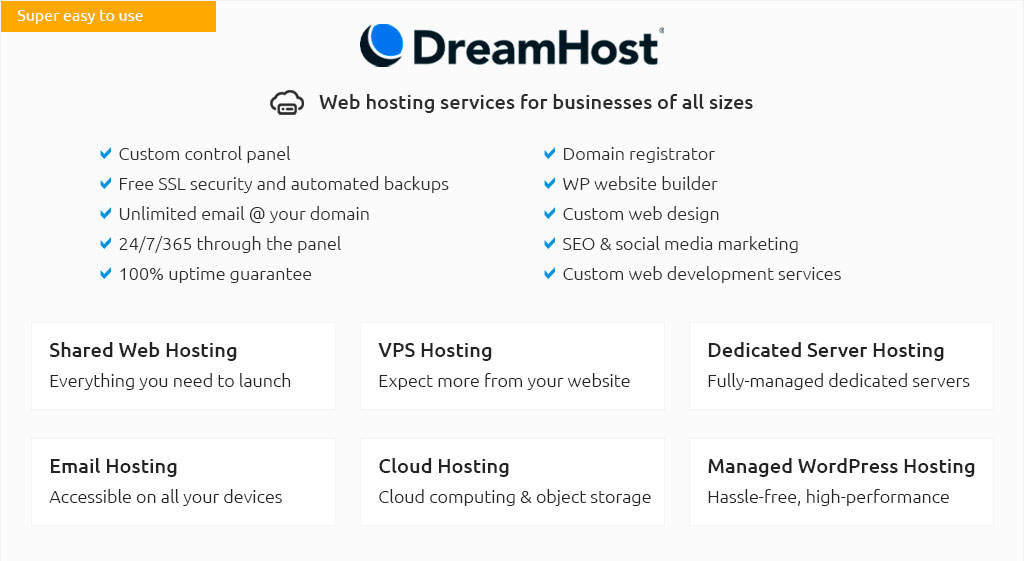 |
|||
 |
 |
 |
|
 |
|
 |
 |
 |
|||
 |
|||
 |
|||
 |
|||
 |
 |
Understanding Virtual Dedicated Servers: A Guide to Navigating Options and Avoiding Common MistakesIn today's rapidly evolving digital landscape, the choice of a reliable server solution is paramount for businesses aiming to enhance their online presence. Among the plethora of options available, the Virtual Dedicated Server (VDS) stands out as a popular choice for many. However, selecting the right VDS can be a daunting task, particularly for those who are not well-versed in the technical intricacies of web hosting. This guide aims to shed light on the essential aspects of virtual dedicated servers, helping you navigate your options while avoiding common pitfalls. Firstly, it's crucial to understand what a virtual dedicated server actually is. In essence, a VDS is a type of hosting environment that mimics a dedicated server within a shared hosting infrastructure. Unlike shared hosting, where resources are distributed among numerous users, a VDS allocates a specific portion of resources exclusively to you. This means that you have more control, enhanced security, and improved performance-benefits that are especially attractive to businesses requiring consistent uptime and reliability. When embarking on the journey to select a VDS, one of the first common mistakes to avoid is overlooking your specific needs. Many users fall into the trap of opting for the most powerful or expensive server, assuming it will automatically translate to better performance. This is not always the case. It's imperative to assess your actual requirements in terms of storage, bandwidth, and CPU usage. For instance, a small e-commerce site may not need the same resources as a high-traffic social media platform. Thus, understanding your needs will guide you to a more cost-effective and efficient choice. Another common mistake is neglecting scalability. In today's dynamic business environment, the ability to scale your server resources up or down as your business grows is invaluable. Therefore, when choosing a VDS, ensure that your provider offers flexible scalability options. This will allow you to adapt to changes without significant downtime or the need to migrate to a new server, which can be a complex and risky process.
Lastly, be wary of hidden costs. Some providers offer low initial prices that can be tempting, but these often come with additional charges for essential services such as backups, migrations, or even technical support. Always read the fine print and ask for a detailed breakdown of all potential costs before making a decision. In conclusion, while the virtual dedicated server offers numerous advantages over other hosting solutions, making an informed decision requires careful consideration of your needs, provider reputation, security, scalability, and cost structure. By taking these factors into account and avoiding common mistakes, you can ensure that your choice of a VDS aligns perfectly with your business goals, providing a robust foundation for your online success. https://hostek.com/hosting/vps/best-vps-hosting
Our Virtual Dedicated Servers are fully scalable with the ability to add Ram, CPU or Space. Your server can grow with your business needs. https://contabo.com/en-us/vds/
A true cloud beast that won't break the bank. Each VDS boasts 100% dedicated RAM, elite CPUs, and enterprise-grade NVMe SSD storage. https://www.databasemart.com/vps-hosting?srsltid=AfmBOop3ZQkVUTmq8eN_jfHMWeL-4o95bsp8n_LbbGVtNx1qn1T2VECj
A VPS (Virtual Private Server) is a virtual server from a partitioned dedicated server, with isolated CPU, RAM, and disk resources.
|